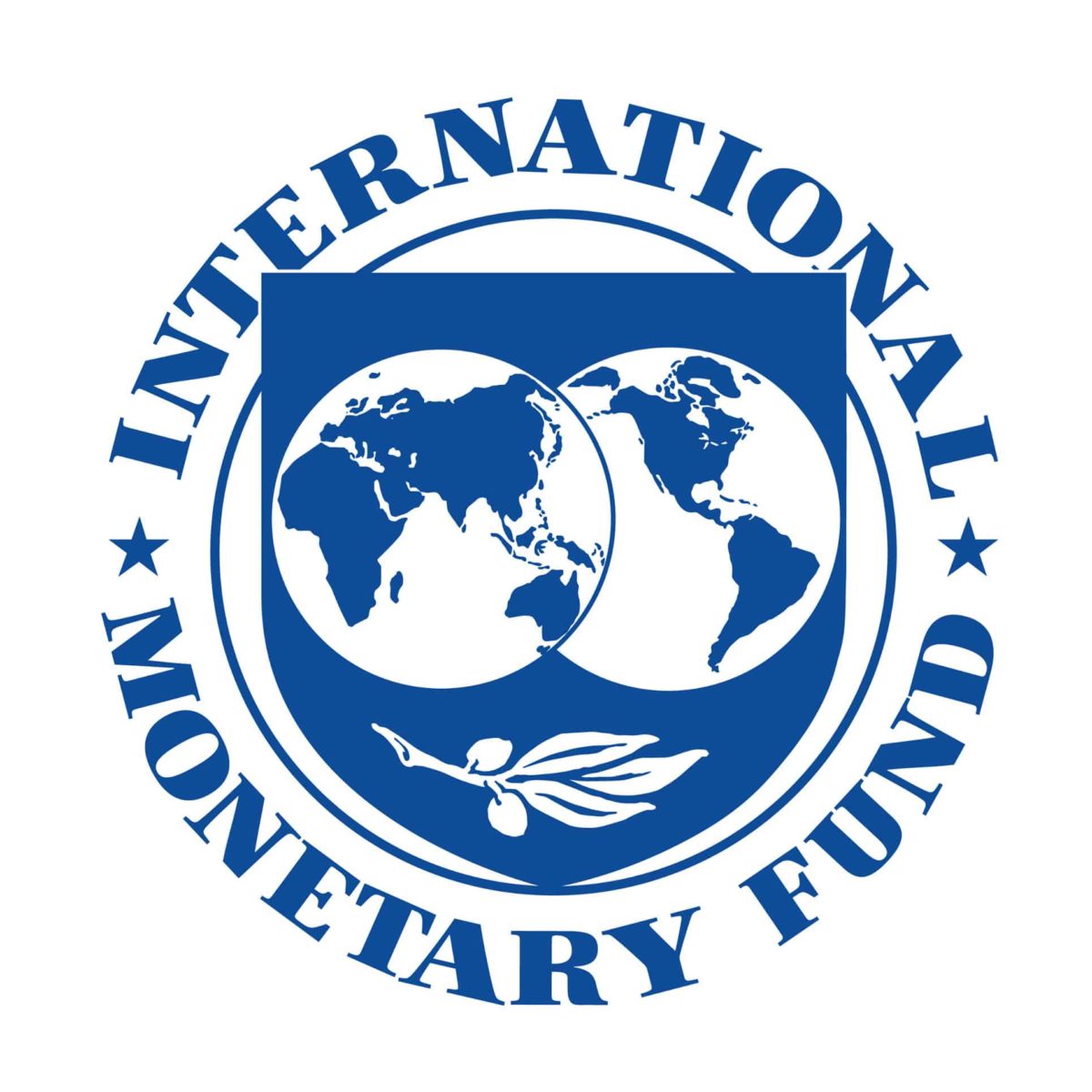Costa Rica is immersed in difficult internal negotiations as it seeks an agreement with the International Monetary Fund (IMF) to help keep its pandemic-battered finances afloat.
While there is some consensus on the urgency of an agreement, the path to reach it seems treacherous, with large disparities between the government’s proposal and the demands of businessmen and the Legislature.
The negotiations for a proposal to take to the IMF occurs as the pandemic has ended projections of containing the fiscal deficit, which in 2018 remained at the equivalent of 6% of GDP, but which for this year would reach 9.7%, according to the Finance Ministry.
A tax reform approved in 2018, which introduced the value added tax (VAT) and spending cuts, was insufficient to reinforce public coffers in the face of the economic impact of the pandemic.Exacerbating the situation, unemployment soared from 12% from January-March to 24.4% in the May-July quarter.
“The fundamental thing is to preserve the stability of the country, that the changes do not impact the poorest people, that institutions that are central to development are not compromised. But at the same time, to do what can be done better, more efficiently,” President Carlos Alvarado told AFP about the IMF proposal.
The agreement with the IMF would allow the country to access a $1.75 billion credit over three years and would give it leverage for private financing, necessary to cover the fiscal deficit of about $10 billion per year.
Taxes and expenses
The proposal presented by the government to negotiate with the IMF contemplates a series of temporary taxes, including a tax of 0.3% on financial transactions in the first two years of the agreement and 0.2% in the following two years.
It also includes temporary taxes on the profits of large cooperatives, on income, on the ownership of real estate and on sending remittances abroad, all for four years.
The government also proposed a reform of public employment with the closure or merger of some institutions, the freezing of wages in the public sector and the suspension of new annuities paid to state workers.
However, the proposal was rejected by the opposition parties, the majority in the Legislative Assembly (parliament), and provoked angry criticism from the business chambers.
“The proposal is totally unbalanced, because 75% are taxes and only 25% are spending (cuts),” independent economist and academic Gerardo Corrales told AFP.
He urged a “redesign of the state apparatus” to reduce expenses and share the cost of the pandemic.
“All the impacts of the pandemic have been felt by the private sector. The increase in unemployment, 99% is private and of the salary reductions ni un cinco (nothing) has been in the public sector,” claimed Corrales.
The expert argued as necessary to cut salary incentives from the public sector, which reach $2.1 billion annually, an amount higher than the base salaries, which demand $1.9 billion.
However, the economist doubts that the government has the will to adopt such actions, which could generate protest reactions from the affected sectors.
“The social environment is going to get tense, but either the president assumes that bitter medicine, or here we are going to have a serious economic problem,” Corrales said.
President Alvarado and Corrales agreed that the absence of an agreement will bring dire consequences for the country, with the risk of a higher deficit, devaluation and consequent inflation, more poverty and more unemployment.
“The country knows the proposal, and we are open to listen,” Alvarado said about the criticism of the official proposal.
The president expects to negotiate with the Legislative Assembly throughout October in search of an understanding to present to the IMF by the end of that month or early November.
“I want to pass on to the next government a country that has a route, that has financing and stability. I do not want to leave a problem; I want to leave a solution,” summarized the president.






